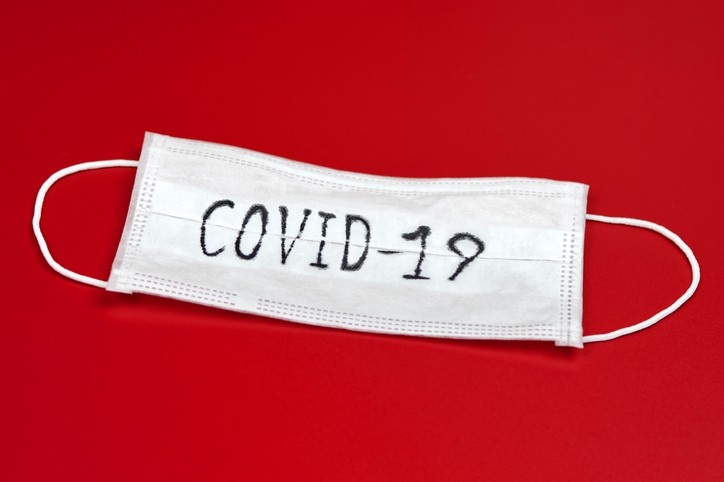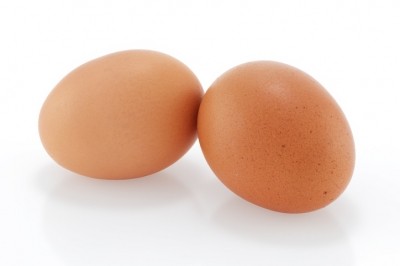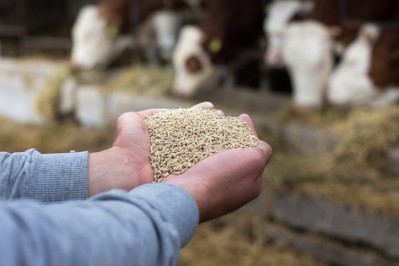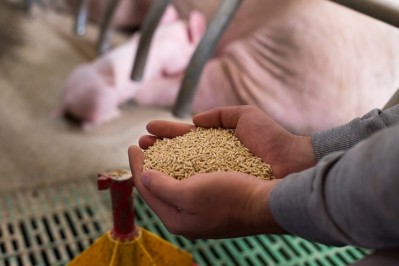COVID-19: Feed industry and ingredient supplier protocols

A code of practice has been drawn up by Dutch feed industry association, Nevedi, that includes guidelines for feed companies in the Netherlands to ensure they can carry on with production and also to ensure feed delivery to livestock farmers in the context of the coronavirus outbreak.
Nevedi said it will do its utmost to keep the new Coronavirus COVID-19 Protocol [in Dutch only] up to date and as complete as possible, but it remains a guideline that can be applied at its own discretion. “Therefore, no rights can be derived from it.”
The trade group said it is important to secure raw material supply and continued viability of production, to ensure feed is available in sufficient quantities for all production animals.
There has been little disruption to feed delivery to livestock farmers in the Netherlands to date, it confirmed.
Nevedi said it is also involved in consultation at the European level, with FEFAC, to guarantee the sourcing of raw materials.
It called on livestock farmers in the Netherlands to ensure the on-farm feed delivery process respects the measures outlined in its protocol.
Glanbia Ireland, supplier of one of that country's biggest feed brands, GAIN Animal Nutrition, said its business managers, farm development and milk quality teams are there to support farmers through the challenges brought on by COVID-19 and to guarantee that farms have a consistent supply of feed for animals.
“Only essential farm calls will be undertaken during this period and strict biosecurity protocols will be followed. We have requested that our teams try to conduct necessary transactions by phone where possible.”
It said all its drivers going to farms or Glanbia Ireland sites will follow a series of additional preventative sanitation measures and any close contact must be minimised or preferably completed avoided.
It requested farmers to implement hygiene measures and it stressed that health authority guidance indicates that close contact can mean spending more than 15 minutes within two metres of an infected person.
ForFarmers UK says it is taking the spread of coronavirus extremely seriously.
"Our number one priority remains the safety and wellbeing of our employees and customers, whilst maintaining continuity of feed supply to livestock," said Steven Read, COO, ForFarmers UK.
The company is following UK government and NHS/WHO guidelines and adapting its protocol as and when these change.
"We have a continuity planning team already in place, with daily meetings to ensure robust mitigation plans, to secure continuity of supply. If, in a worst case, there is a closure of a ForFarmers mill, we have a contingency plan in place to utilise our national network of other feed manufacturing and logistics facilities. Additionally, ForFarmers is directly engaged with the UK feed industry’s trade association, Agricultural Industries Confederation (AIC), which has set up a COVID-19 issue management team."
To help prevent the spread of coronavirus, ForFarmers UK has suspended all on farm visits of account managers and specialists until further notice.
"Our fleet of drivers are fully aware of the government health guidelines and will continue to deliver to farm being mindful of guidelines and hygiene policies."
Feed ingredient supply during COVID-19 spread
Denmark based supplier of soy ingredients for young animals, Hamlet Protein, announced that it is working to secure product supply to customers and guaranteeing feed safety whilst minimizing the risk for employees, suppliers and customers.
“We are taking the necessary steps to minimize the risk of the virus affecting employees and business partners,” said its CEO, Eric Visser.
No employees of Hamlet Protein, to date, have tested positive for COVID-19, he stressed.
“At the same time, we have commitments to customers around the world that rely on us to feed their animals. That means we are planning our activities in a smart way to make sure our production and supply chain continues to operate normally. Even though borders are closed in several European countries, the free movement of goods remains,” he added.
It said its products, whether in bulk, totes or bags, do not pose any risk for contamination with the coronavirus. They have been steam-heat treated at a minimum temperature of 96°C for a minimum duration of six minutes and are produced in a closed system, it added.
The supplier said it manages clearly defined and strict hygiene guidelines for employees and contractors, and that, until further notice, external visitors are not allowed to enter the production facilities at its plant in Horsens.
The company has restricted employee travel and it has promoted remote working, where possible. “We continue to be available for our customers to answer any questions or concerns they might have,” said Visser.
Austria-headquartered animal nutrition company, Biomin, said since the initial reports of COVID-19, it has enacted specific regional and local action plans to ensure product shipment while also minimizing risk to the people involved. It has put in place additional protocols and agreements with its upstream suppliers and logistics partners to ensure product availability.
It also has restricted international travel for staff and enabled remote working for most employees, along with an internal hotline and the replacement of in-person meetings with video and phone conferences. Together with those measures, it said it has limited external visits to offices and production facilities, and brought in increased hygiene and cleanliness measures and more stringent safety protocols for production and logistics.
Meanwhile, international consultants, McKinsey and Company, in a briefing note, outlined various scenarios outlining two ways that the interplay between the virus and society’s response might unfold and the implications on the economy in each case.
It also summarized conversations it has had with hundreds of companies around the world on COVID-19 challenges, allowing it to compile a view of the major work streams that companies are pursuing.














